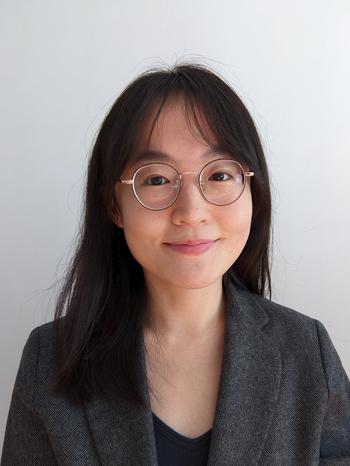Dr. Nan Hu

Fellow in the project "Conceptions of World Order and Their Social Carrier Groups" (May - July 2023)
Short Biography
Nan Hu is a Postdoctoral Fellow in the Department of Chinese Language and Literature at Fudan University, Shanghai. She earned her Ph. D. in Chinese and Comparative Literature in 2021 at Washington University in St. Louis, where she completed a dissertation entitled “In Other Voices: Dubbing Foreign Films in Maoist China (1949-1976).” Her current research projects explore the idea of inter-Asia solidarity among Chinese intellectuals around the 1960s, and the ways zoos have reconfigured the human-animal relationship vis-à-vis the Chinese projects of nation-building, modernity, and revolution. Her studies have been funded by the McDonnell International Scholars Academy, the Center for the Humanities at Washington University, Ministry of Education (Taiwan), and China Postdoctoral International Exchange Program, among others.
Project
Pan-Asianism Made in China: A Global Intellectual History (1955-1966)My project Pan-Asianism Made in China: A Global Intellectual History (1955-1966) explores the formation, circulation, and variation of the idea of inter-Asia solidarity among Chinese intellectuals around the 1960s. Driven by the government’s turn to the Third World in foreign relations after the Bandung Conference, Chinese intellectuals, scholars, thinkers, writers, and other “cultural workers” formulated Asia as a political and cultural subject in their thoughts, works, and practices. Hence, they renewed the Chinese concept of “Asia” and “Asianness,” constructed theoretical foundations for the government’s foreign policies, and forged bonds between the Chinese and people from other postcolonial Asian nations. This study argues for the importance of the ways that Chinese intellectuals found to construct an idea of an anticolonial Asia, highlighting the cooperation and negotiation between the state and the intellectuals on the conception of world order.
